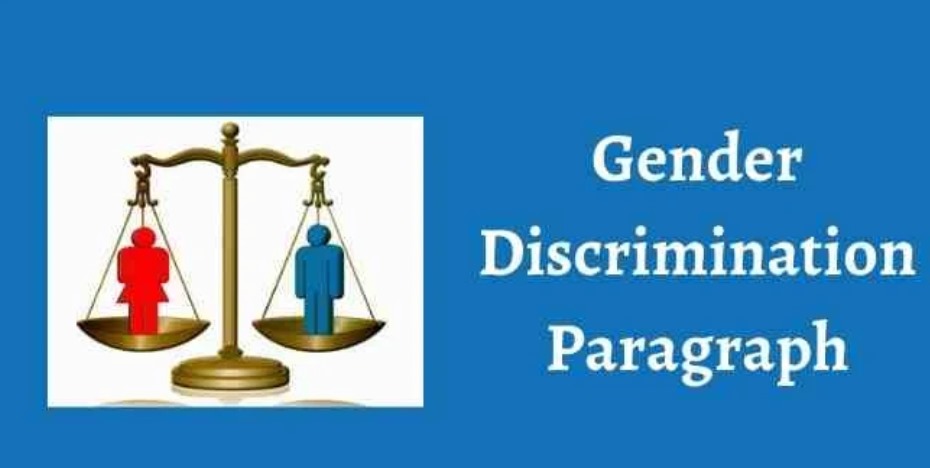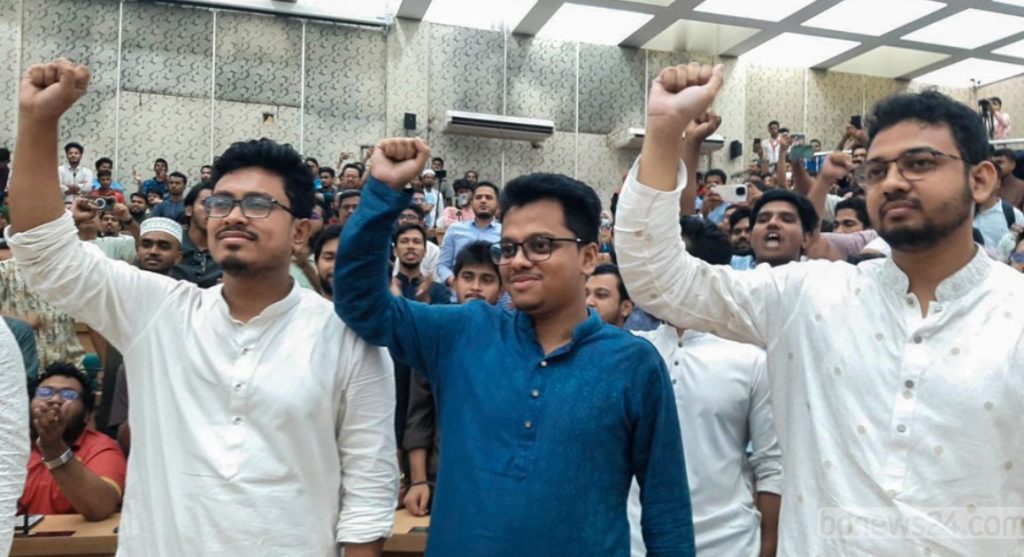Gender Discrimination
Gender discrimination refers to the unfair or unequal treatment of individuals based on their gender. It is a deep-rooted societal issue that affects people of all genders but disproportionately impacts women and gender minorities. This form of discrimination can be seen in various aspects of life, including education, employment, politics, and personal relationships. Despite advancements in gender equality, many societies still uphold patriarchal systems that favor men, leading to systemic disadvantages for women and non-binary individuals.
In the workplace, gender discrimination manifests through unequal pay, limited career advancement opportunities, and underrepresentation in leadership roles. Women often face barriers when pursuing male-dominated professions and are subject to biases that question their competence or authority. Additionally, working mothers frequently encounter challenges such as lack of maternity support or being overlooked for promotions due to family responsibilities. These inequalities hinder both personal growth and economic progress.
Education systems can also perpetuate gender discrimination. In some regions, girls are denied access to quality education or are forced into early marriages, cutting short their academic and personal development. Even in more developed areas, gender stereotypes in textbooks, teaching methods, and subject choices can limit students’ aspirations and self-confidence.
Moreover, gender discrimination extends into the legal and political spheres, where laws and policies may fail to protect the rights of all genders equally. In many parts of the world, women have limited access to legal protection, healthcare, and political participation. This imbalance further entrenches inequality and reduces the chances for true social justice.
Combating gender discrimination requires a collective effort to challenge stereotypes, reform discriminatory laws, and promote equal opportunities for all individuals, regardless of gender. Education, awareness campaigns, and inclusive policies are essential tools in creating a more equitable and respectful society. Only by acknowledging and addressing these disparities can we hope to achieve true gender equality.




